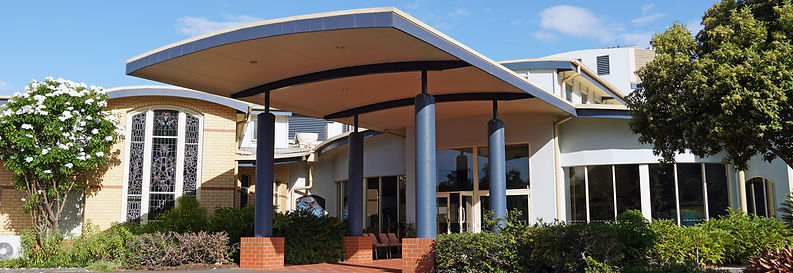The Potter and the Clay
- CKCC Community

- Oct 18, 2019
- 2 min read
When Jeremiah talks about a yoke of oppression, he wears an actual oxen’s yoke! When he uses a field as an image for his prophecy, he purchases a field! And when today we hear of this image of the potter and the clay, Jeremiah is compelled by the Spirit of the Lord to go to an actual potter’s house – a place where lumps of clay and fine pottery and broken shards were all to be found.
Jeremiah puts images and words together and uses the potter and the clay to speak a word about God and God’s people. God in history is the potter – God is the one shaping nations, shaping history on a broad and grand scale. God is at work spoiling the intentions of those working against God’s purpose: ‘I will pluck up and break down and destroy’; and at the same time God is nurturing the way of those who reflect God’s purpose: ‘I will build and plant.’ The image is of human history being malleable in God’s hands - lumps shaped toward God’s purpose - God the Potter molds and shapes, forms and reshapes and reforms.
But if you let that sink in you may ask yourself, is that how the world really works? What I know about history is that history is made by the decisions of politicians and kings, by the making of war and the forging of peace, by the momentum of progress and knowledge, and the roadblocks of violence and ignorance – history as an accumulation of events and circumstances that we both participate in and are impacted by. How then is history molded by God the potter? If God is the one shaping things, then just how good a job is God the Potter doing in this world?
The challenge of Jeremiah is to hear a view from God that demands a different perspective on history and on our lives. Walter Breuggemann writes that this word from Jeremiah calls us away from trusting economy and technology and military might and progress as the primary forces of history, but instead to see the practices of compassion, of justice, of peace as our call in history. It is not to say that those other forces are not important or strong – they impact us profoundly - the issue is whether or not we trust that those are the forces to which our lives belong and to which history belongs. Jeremiah calls for eyes of faith to see God the Potter at work in the world and to trust that it is to God’s reign of life that our lives truly belong – to trust that justice, compassion and peace are the ways in which God is shaping history still – to live and shape our lives as part of that story.
Rev Janet




%20.jpg)

.jpg)


Comments